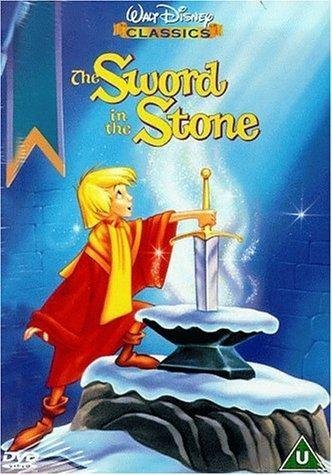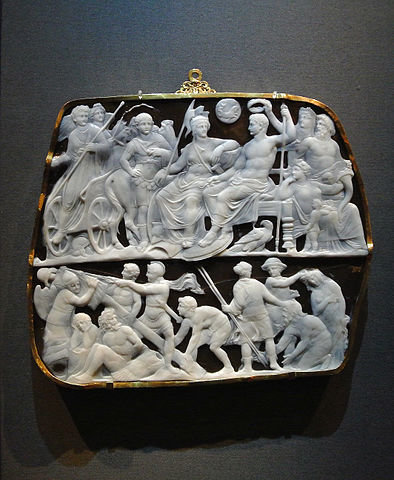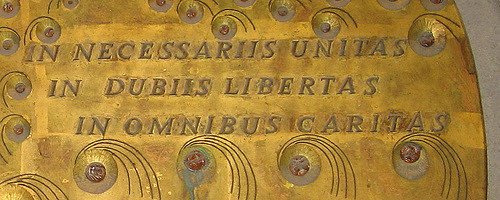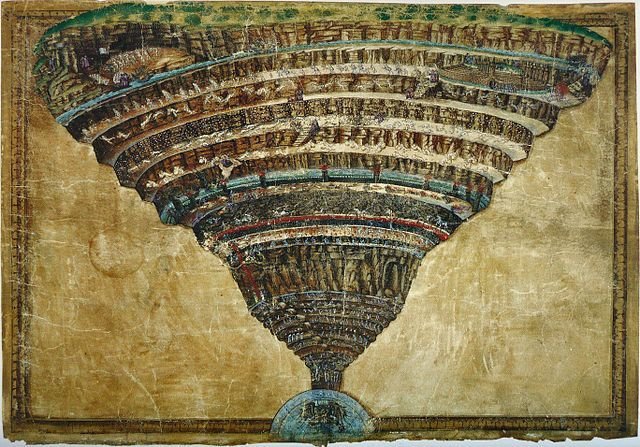In David's city
of Bethlehem
Chapter 6
ㅇㅊㅁ
Logical flow so far
Doubtful factuality of Matthew and Luke
Why the development?
Why the references?
Parallelism and parabolic truth
Outline
- David the Once and Future King of Israel
- Matthew the closet rebel
- The Lukan terms
- Lord and Savior
- Gospel and peace
- Personal thoughts
David
the Once and Future King of Israel


The world as recovering from WW2
Prophetic medley
more in the theological future than the historical present
"against the LORD and against his Anointed" (Ps 2:2c)
“As for me, I have set my Kingon Zion, my holy hill.” (2:6)
“today I [God] have begotten you” (2:7)
“I will make the nations your heritage, and the ends of the earth your possession” (2:8)
“I have found my servant David; with my holy oil I have anointed him” (89:20)
“I will crush his foes before him and strike down those who hate him” (89:23)
“I will make him the firstborn, the highest of the kings of the earth” (89:27)
On that day I will raise up the booth of David (Am 9:11)
there shall be endless peace for the throne of David and his kingdom (Is 9:7)
The days are surely coming, ... when I will raise up for David a righteous Branch (Jr 23:5)
In those days and at that time I will cause a righteous Branch to spring up for David (Jr 33:15)
Messianic expectations
Questions asked in Chapter 3
Human?
or
Transcendent?
Violent?
or
Non-violent?
Jewish
Christian
Matthew's Christmas story
Anti-Roman title
"King of the Jews"
"Messiah"
... only used in scenes with Herod and Pilate
The clash began from birth.
not "King of Israel"↴
Birth parallelism
Dream/Prophecy
↓
Fear
↓
Interpretation/Advice
Birth of Moses
Birth of Jesus
- Exodus 1–2
- Targum of Jerusalem I
- Josephus
- Book of Memoirs
- Matthew 2
Jesus the new Moses

... didn't really need to stop by at Herod's
... somewhat deliberate
Other facets
- The Magi (pagans) were pro-Jesus
while Herod and Jerusalem were anti-Jesus.- Overture to the Great Commission:
"Go therefore and make disciples
of all nations" (Mt 28:19)
- Overture to the Great Commission:
- Westward-guiding star
- Foundation myth of Rome:
Trojan refugees following Venus to Italy
- Foundation myth of Rome:
- Egypt — to and fro
- doom and death for Moses
- refuge and life for Jesus
Lord and Savior
according to Luke
Traditional account
Luke's highly doubtful narrative
of the Nazareth→Bethlehem trip
- A census of the entire Roman Empire?
- Quirinius then governor of Syria?
- "Their own towns"?
- Bethlehem for being David's descendent?
- Mary's company necessary?
"Oikumene"
Why so written?
- To present Jesus and earliest Christianity
as historical located, imperially dated,
and cosmically significant events. - To draw contrast between Caesar Augustus
and Jesus Christ - The existence of Gemma Augustea →
showing metaphoric correctness
of Luke

Oikumene, personifying
the inhabited world
Gemma Augustea,
from Wikimedia Commons
Do we see intent
- Lord: both God and God as revealed in Jesus
- Shepherds: the socially marginalized
(also, David's first job) - Recurring format:
Angel→Fear→Reassurance→Message→Sign - "Messiah" framed with "Savior" and "Lord"
Judaism within the Roman Empire
- Pledging allegiance to someone other than Caesar Augustus
- Confrontation between peace through violent victory versus
peace through nonviolent justice
- Against Augustus,
who "saved" the Roman Empire from civil-war suicide - Against the general belief of Roman citizens, who celebrate Augustus as "savior of the whole world"
Lord
Savior
Gospel and Peace
according to Luke
The Peace of God
"... among those He favors!" (Lk 2:14b)
Qualification of favor or divine inclusivity?
... or both?
- Includes both Jews and Gentiles
- Limited to those who receive
a certain kind gospel
Gospel of Caesar
- Pax Romana
- Augustus made Lord
of both place and time
(Paulus Fabius Maximus) - "the beginning of everything"
- "a new look to the whole world"
- "euaggelia" mentioned
- A Great Final Battle
Gospel of Christ
- "euaggelia" mentioned in various forms, 25 times throughout Luke-Acts
- Christmas as a means
toward the end of peace - A Great Final Feast
Personal thoughts
Parabolic alternative
to historical criticism
What about textual criticism?
"higher criticism"
"lower criticism"

The collective unconscious
à la Carl Jung

Chapter 6
By ChangMo “David” Yang
Chapter 6
In David's city of Bethlehem
- 81



